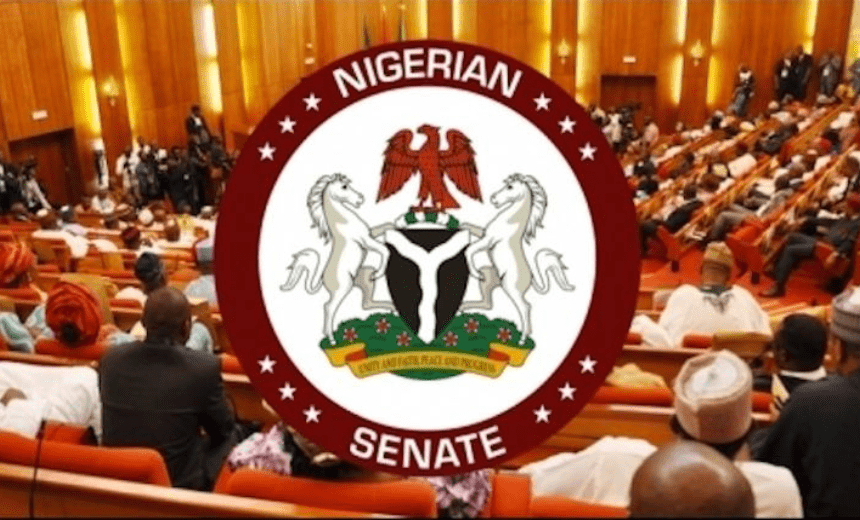The Senate, through its Committee on Finance, on Monday, threatened zero allocations for Government-owned Agencies that fail to appear before it for scrutiny of their expenditures from the 2024 appropriation.
The Committee expressed concerns over discrepancies found in the financial records of some Agencies, emphasizing the need for transparency.
The warning was issued by the Chairman of the Senate Committee on Finance, Senator Sani Musa, during an interface with the Accountant General of the Federation, Oluwatoyin Madein.
The session focused on the remittance of Internally Generated Revenue (IGR), Fiscal Accountability, and the overall state of the Country’s financial management system.
During the meeting, the Accountant General presented a summary of the Federal Government’s Internally Generated Revenue up to September 2024, including:
Independent revenue of N2.7 trillion
Operating surplus from Government-Owned Enterprises (GOEs) amounting to N2.3 trillion
Ministries, Departments, and Agencies (MDAs) Internally Generated Revenues (IGRs) of N344 Billion
However, the Committee noted that the report mainly covered the Accountant General’s office and lacked comprehensive details on the broader financial activities of the Federal Government.
The Committee resolved to invite the Revenue Mobilization Allocation and Fiscal Commission (RMAFC), the Nigerian Extractive Industries Transparency Initiative (NEITI), and the NNPCL, for a joint session to conduct a thorough review of the discrepancies.
Committee members also expressed frustration over delays in the release and use of capital budgets, citing inefficiencies in the centralized payment system managed by the Office of the Accountant General of the Federation.
They criticized the policy, which forces over 700 MDAs to process payments through a single office, leading to delays in project completions and eroding public trust, particularly in constituencies expecting vital infrastructure projects.
Concerns were raised about reports of contractors being required to pay under-the-table fees, allegedly 5% of the contract values, to speed up their payments.
The Accountant General disclosed that stamp duty revenues from 2020 to 2024 were notably low, totaling just N30.3 million, compared to N301.49 million in internally generated revenue.
Lawmakers attributed this to poor budget performance, noting that taxes are only collected when payments are made.
The Accountant General explained that the centralized payment system is designed to address inefficiencies and prevent the rollover of unutilized funds from one year to the next.
The Committee has given the Accountant General until Wednesday to provide all requested reports for further review.
(Editor: Ken Eseni)








